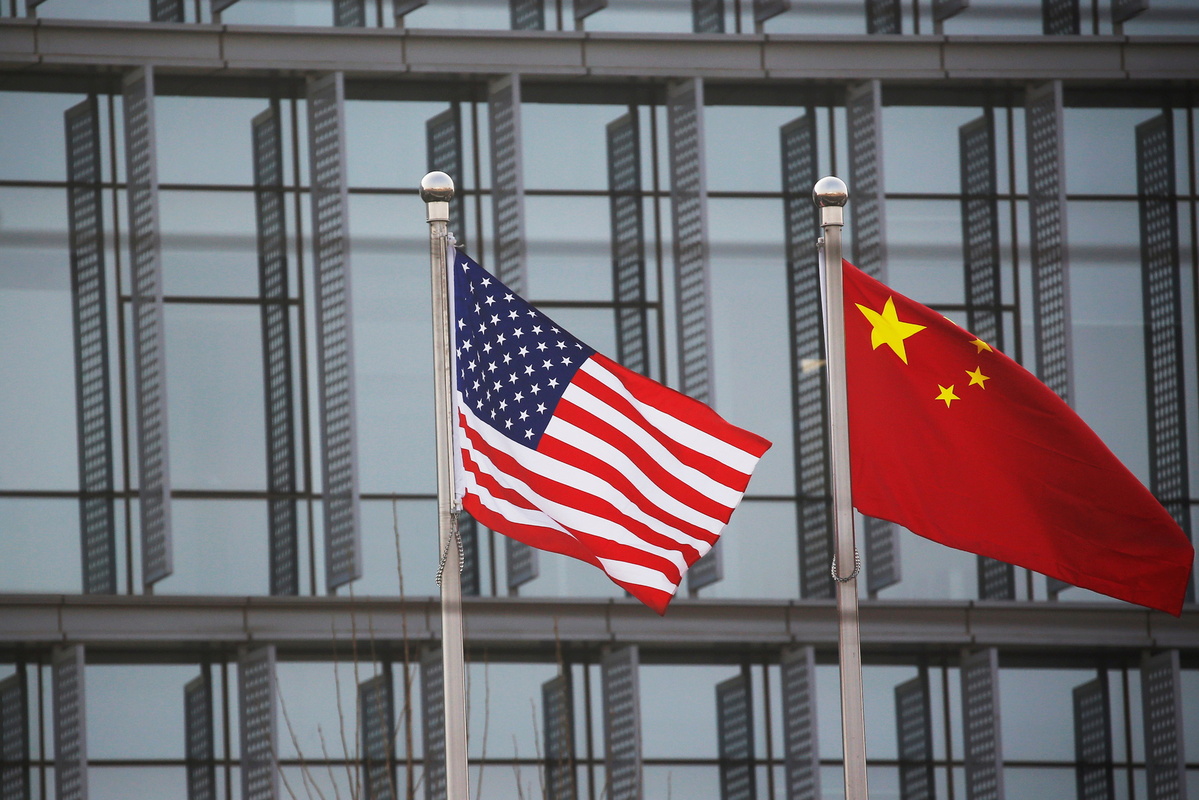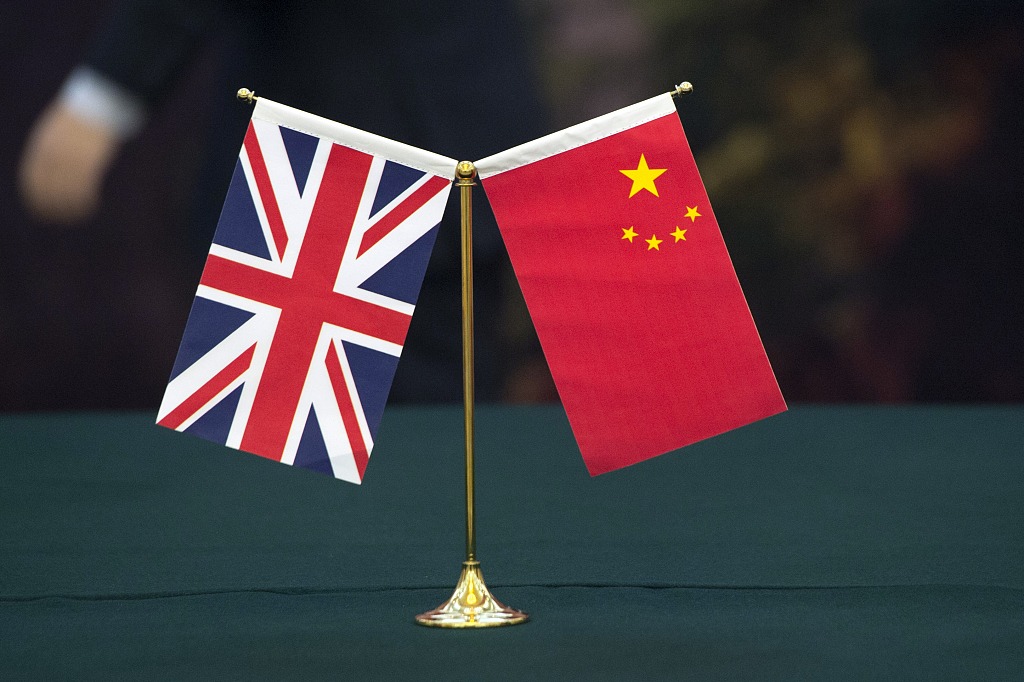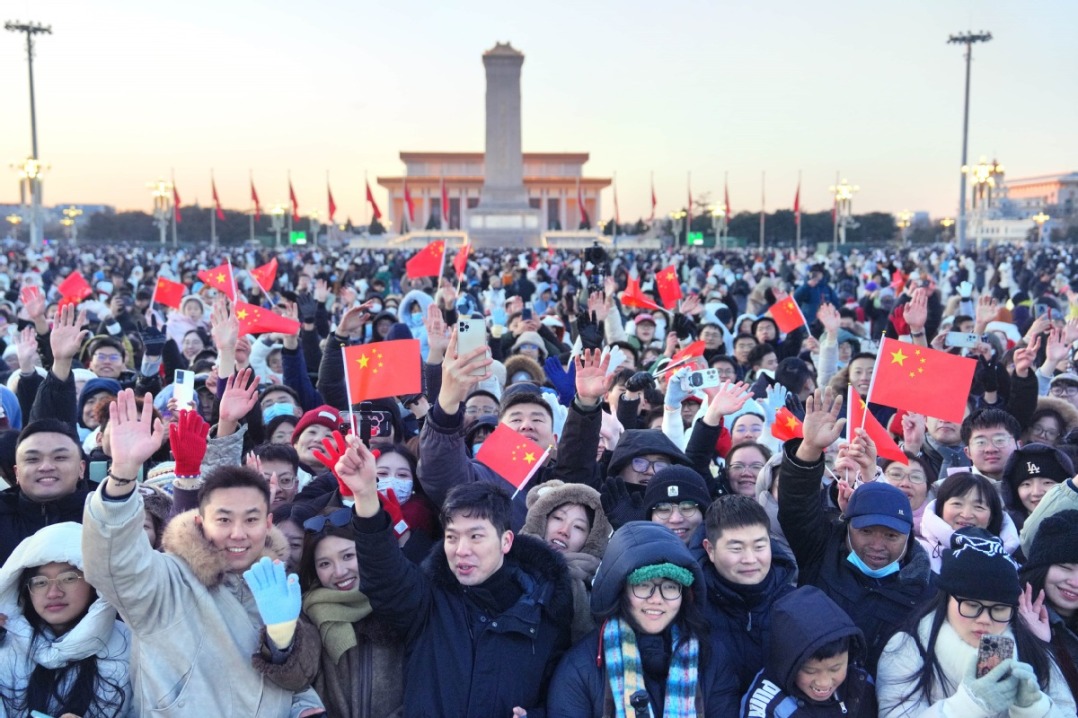Shortsighted to paint China as a 'troublemaker'


From the "spy balloon" farce at the beginning of this year, to the deliberately fabricated "cold shoulder" its defense secretary received on his plan to visit China two weeks ago, and the intensive coverage of news about its state secretary's planned visit to China, the United States has a habit of putting pressure on China and dressing itself up as a victim while telling the world that "it is very active to engage China but Beijing is not enthusiastic".
For some time now, the US has been trying to show that it is the one seeking rapprochement. In the latest development, an anonymous US official disclosed that Secretary of State Antony Blinken will visit China this week. However, soon after, the US media published a sensational report saying China will build an electronic surveillance post in Cuba to monitor US military bases.
Blinken is not the only US official who says one thing and does another. At the recent Shangri-La Dialogue, US Defense Secretary Lloyd Austin took the initiative to shake hands with the Chinese defense minister, but concurrently a US warship navigated to China's doorsteps and published videos showing a Chinese warship cutting across the US ship, hyping China's threat to Asia-Pacific security.
Every time US officials say they want to meet Chinese officials, Washington creates the illusion that it is eager to communicate with China, but at the same time it repeatedly offends China's bottom-line. By frequently navigating through the South China Sea, US warships bring insecurity and crises to the Asia-Pacific. However, China has repeatedly said that the Pacific Ocean has enough room for the two powers. China also talks about sharing its development opportunities with other countries, by advancing the Belt and Road Initiative and other moves.
Even 10 years ago, the Asia-Pacific was the fastest-growing region in the world, greatly benefiting all countries, including the US. Since the beginning of this year, the US has been creating trouble in China's neighborhood, from pushing for the expansion of NATO to Japan, to demanding that Southeast Asian countries allow it to open new military bases, while strengthening its security alliances with Japan, the Philippines and Australia.
Asian affairs should be run by Asians. If the US is determined to create trouble for China, it should know that even if it wins now, China is sure to win in the future.


































